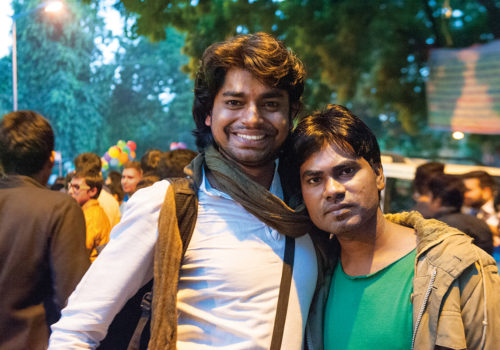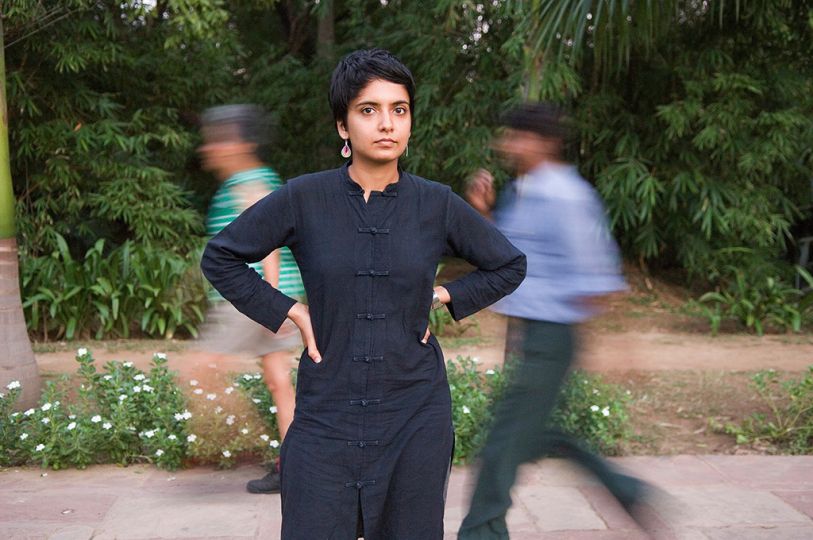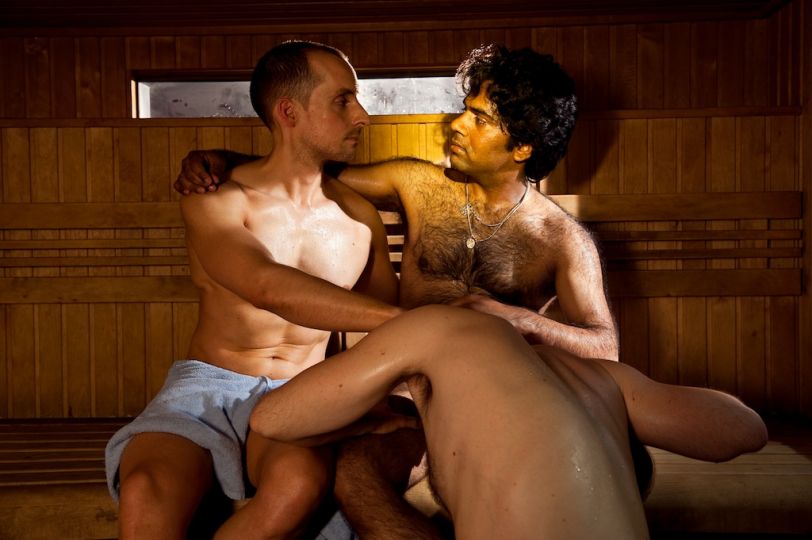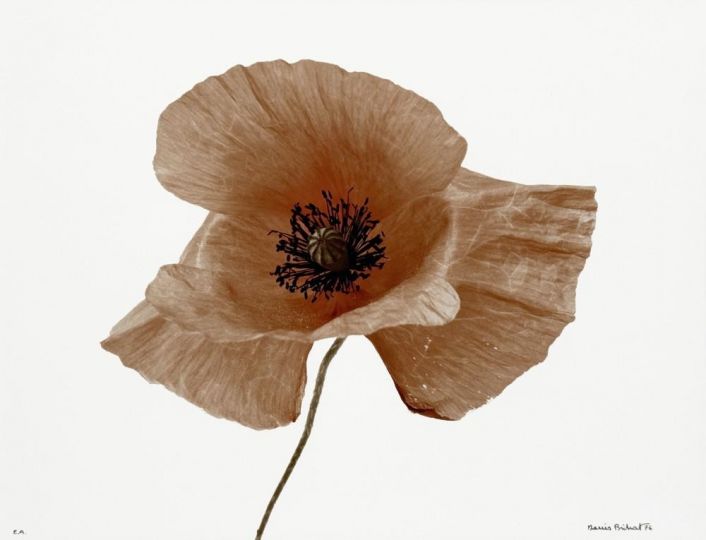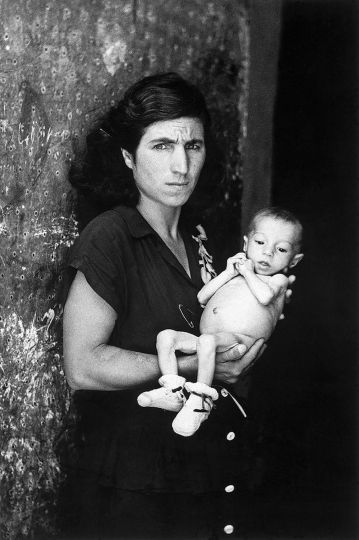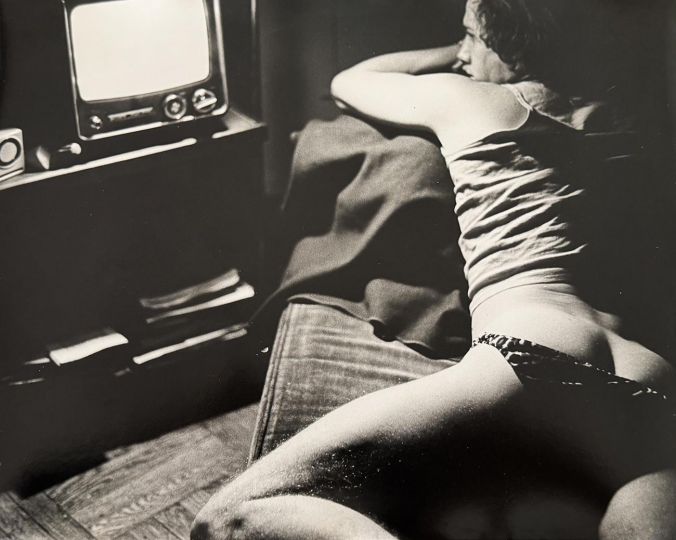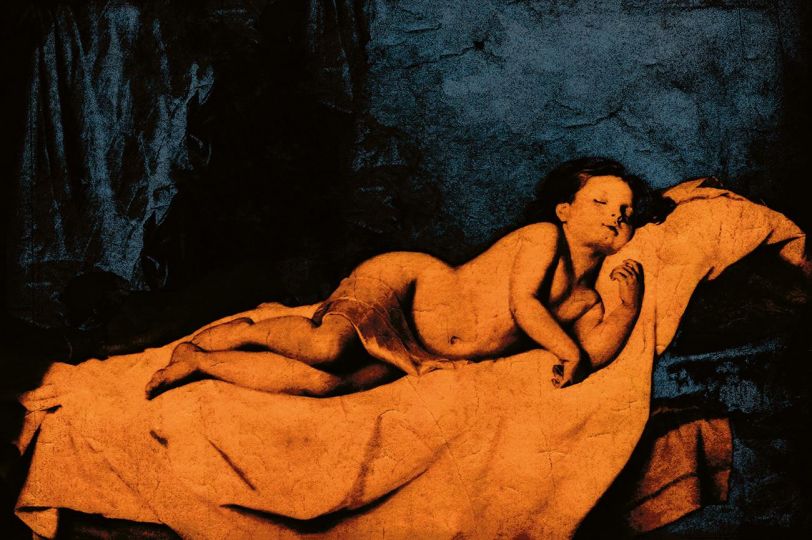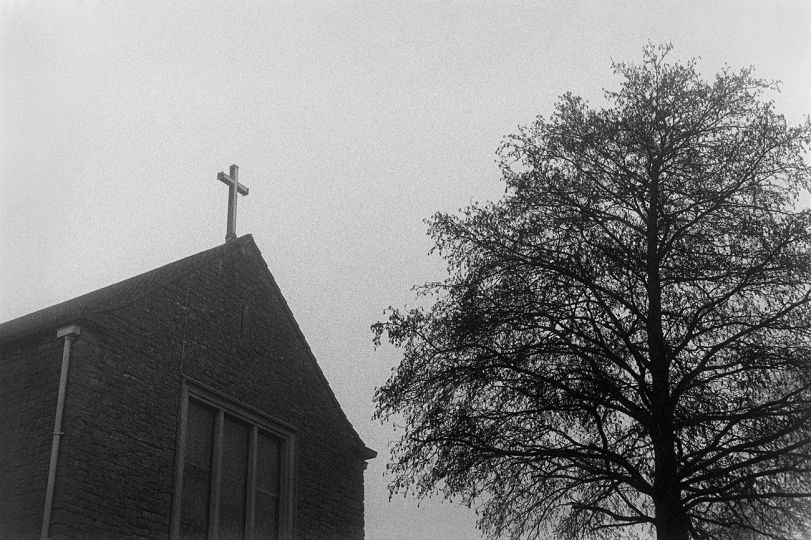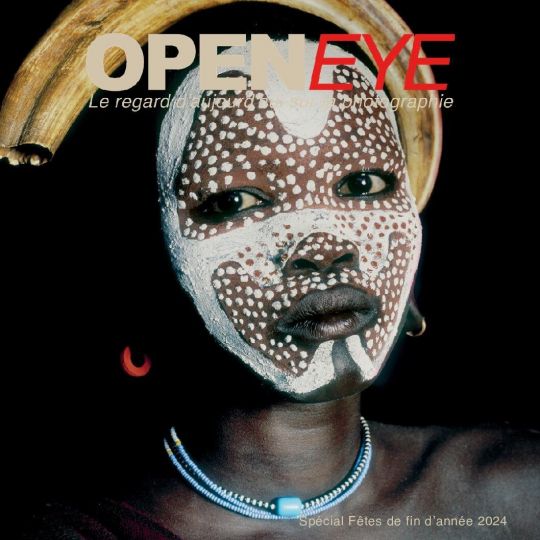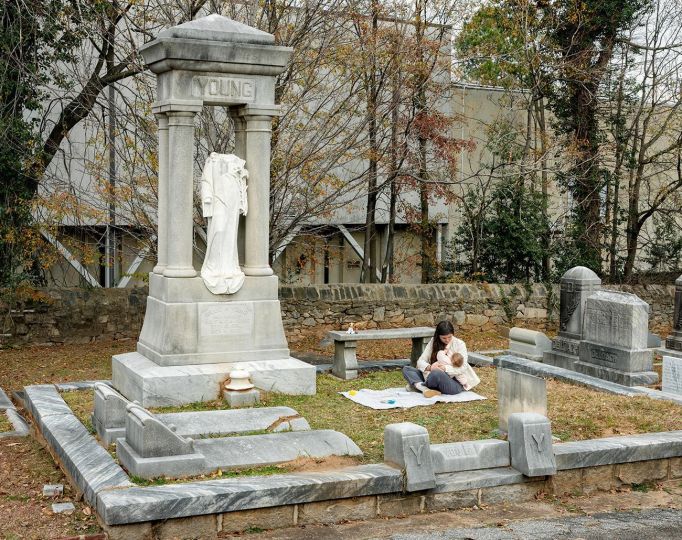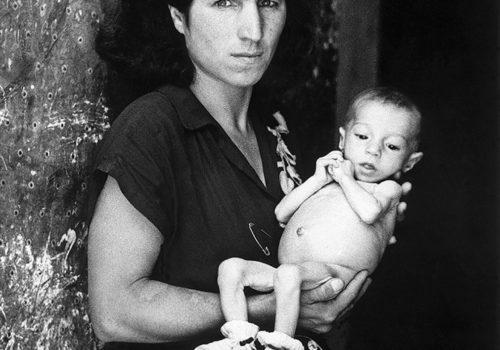The 17 individuals featured in Sunil Gupta and Charan Singh’s book, Delhi: Communities of Belonging are young and old, single and married, affluent and working class, and representative of diverse gender and sexual identities. What unites them? Besides the city they call home, they share a yearning for freedom, safety and understanding in a country where they lack equal protection under the law.
In India, the section of the penal code that makes sex between people of the same gender a crime, 377, was decriminalized by the High Court of Delhi in 2009, allowing many LGBTQ Indians to come out of the closet and organize like never before. But the ruling was overturned by the Supreme Court in 2013, sending the LGBTQ community back into uncertainty.
“Even though people are more out today, there is that thing in the back of the mind saying this is still illegal in this country and tomorrow if they decide to crack down on it, we are too exposed already, so we would be in a lot of trouble,” one man writes in the book.
Many of the men and women in Delhi recount their experience of these recent political events—as well as their extended personal histories— in first-person texts, which accompany photos of them at home and in public. What emerges is a reflection of the strange limbo in which LGBTQ Indians find themselves today. Sometimes, the book reads like a celebration of life and love and other times like an alarm. Gupta and Singh’s characters are resilient, but they are realistic about the precariousness of their position in Indian society.
Gupta and Singh have previously created work that address gender and sexuality in India. Gupta’s recent series Mr. Malhotra’s Party, for instance, collects environmental portraits of queer Delhi residents in public places, all gazing directly at the camera. The individuals in Singh’s series of studio portraits, Kothis, Hijras, Giriyas and Others engage the camera in a similar way.
The photography in Delhi, meanwhile, is much closer to traditional documentary than both of those works, and as a result the individual images lack some of the poetry of the pair’s previous artistic efforts. But what the book sometimes lacks aesthetically, it makes up for with its compelling subjects and brisk but powerful stories.
While all these people are imperiled in India, the most fortunate among them are aware that their experience is vastly different from those whose gender, class, location or appearance make them at greater risk—like Jatin, who belongs to a community of Dalits (“untouchables”) and who was forced to marry a woman, with whom he still lives.
“There are two kinds of people: those who are extraordinarily brave and those who have the privilege to do what they do,” writes Gautam, who was educated in the United States and has been open about his sexuality everywhere he’s worked in India.
“If there is a personal threat to my freedom, I have friends and community who will support me, so I can afford to take a risk,” writes a woman, Deepti.
There are also differences in experiences across generations. One of the most moving stories in the book belongs to Anita Dube, a contemporary artist in her 50s who fell in love with a woman when she was in college, but since then attests that she’s only had unfulfilling relationships with married women.
“My problem has been to not be able to have a long relationship the way I want it—to live together with another woman. I’ve not been able to achieve that and I’m 56 years old. There are so many reason that a change in the legal system would make it easier to find someone. For 20 years I’ve lived alone. That’s a lot of time,” she writes.
Indeed it is. While there are those in Delhi for whom 377 has meant devastating financial and personal hardships, it’s perhaps most heartbreaking to learn about the ways the law deprives people of love, that most fundamental and life-affirming of human experiences. This, perhaps more than anything else, underscores the need for the kind of change that Gupta, Singh and their comrades in Delhi so urgently seek.
Jordan G. Teicher
Jordan G. Teicher is an American journalist and critic based in Brooklyn, New York.
Sunil Gupta & Charan Singh, Delhi: Communities of Belonging
Published by The New Press
$21.95

